84 F. maximum temperature yesterday in the Twin Cities.
82 F. average high on August 8.
83 F. high on August 8, 2016.
August 9, 1948: 7.72 inches of rain falls at Mankato.
 Will the Meteorology Profession Be Disrupted Too?
Will the Meteorology Profession Be Disrupted Too?If
you're not just a little bit paranoid - it might mean you're not paying
attention. Really smart computers and robotics are already disrupting
entire industries. Many white collar jobs in law and finance will be
replaced by artificial intelligence; supercomputers that don't take
vacations or ask for raises.
Which got me wondering: are
meteorologists safe? I'd like to think so, but I'm not so sure. Will
Alexa or Siri someday provide context, perspective and analysis - with a
different weather forecast and narrative for every consumer and
business? Can we - should we - engineer humans out of weather
story-telling? The only predictable thing about the future is change.
Many of us will be changing careers, some against our will.
A few
showers and T-storms slosh back into town later today and Thursday, the
wettest day of the week. NAM guidance prints out about a third of an
inch. The weekend looks respectable: upper 70s with sunshine. Too cool
for the lake? Sorry, I'm just the the messenger.
If you crave heat and humidity you'll enjoy sticky 80s, shaping up for late August.
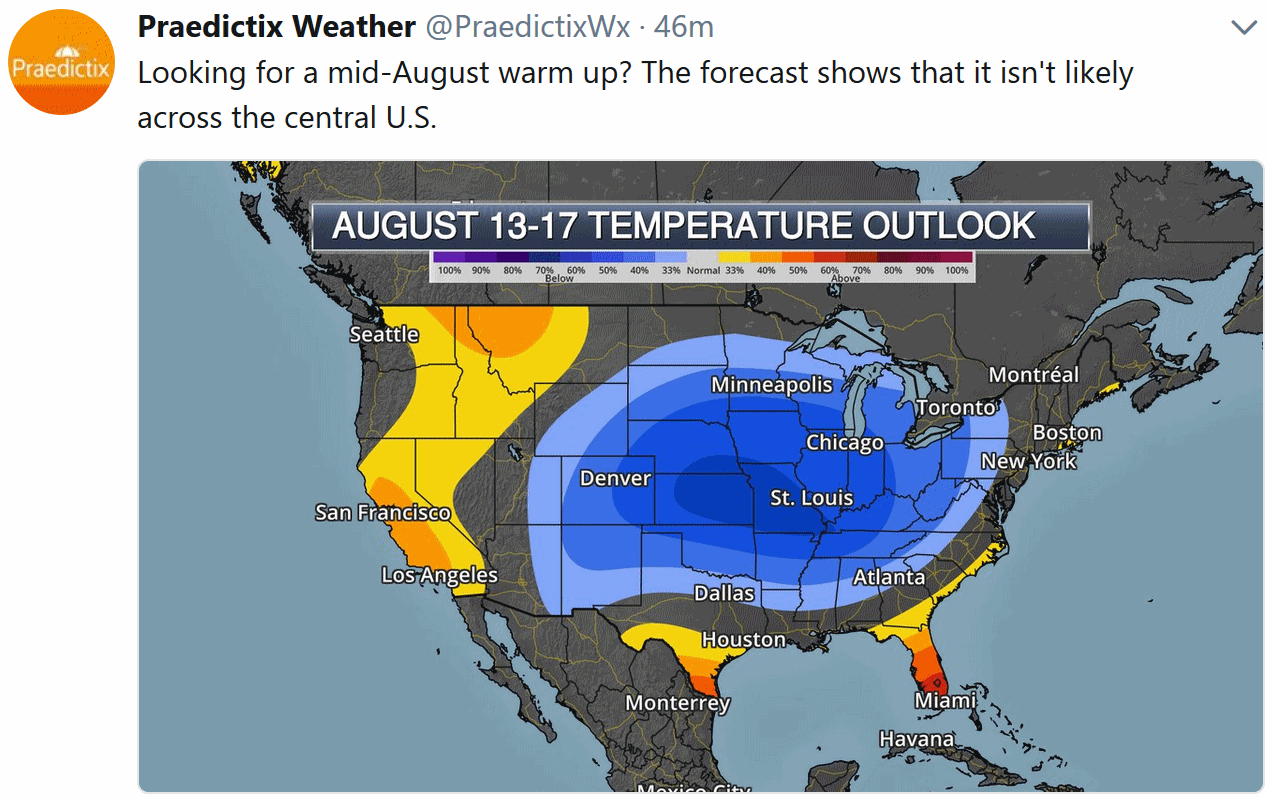
Comfortable Into the Weekend - Then Trending Warmer.
No extreme heat is brewing, but we stand a better chance of consistent
80s next week, after enjoying relatively comfortable 70s into the
weekend. Twin Cities ECMWF numbers: WeatherBell.
Wednesday Flash Flood Potential.
A persistent, nearly stationary frontal boundary will act as a focus
for more T-storms capable of flooding rains from near Wichita to
Huntsville and Charleston today; local 2-5" rainfall amounts with
training storms can't be ruled out.
Tracking Franklin.
Tropical Storm Franklin continues an almost due westward push today
with sustained winds of 30-40 mph. The main concern isn't wind or storm
surge, but torrential rains near the core of the storm, capable of
10-15" amounts, flash flooding and mudslides where Franklin comes
ashore.
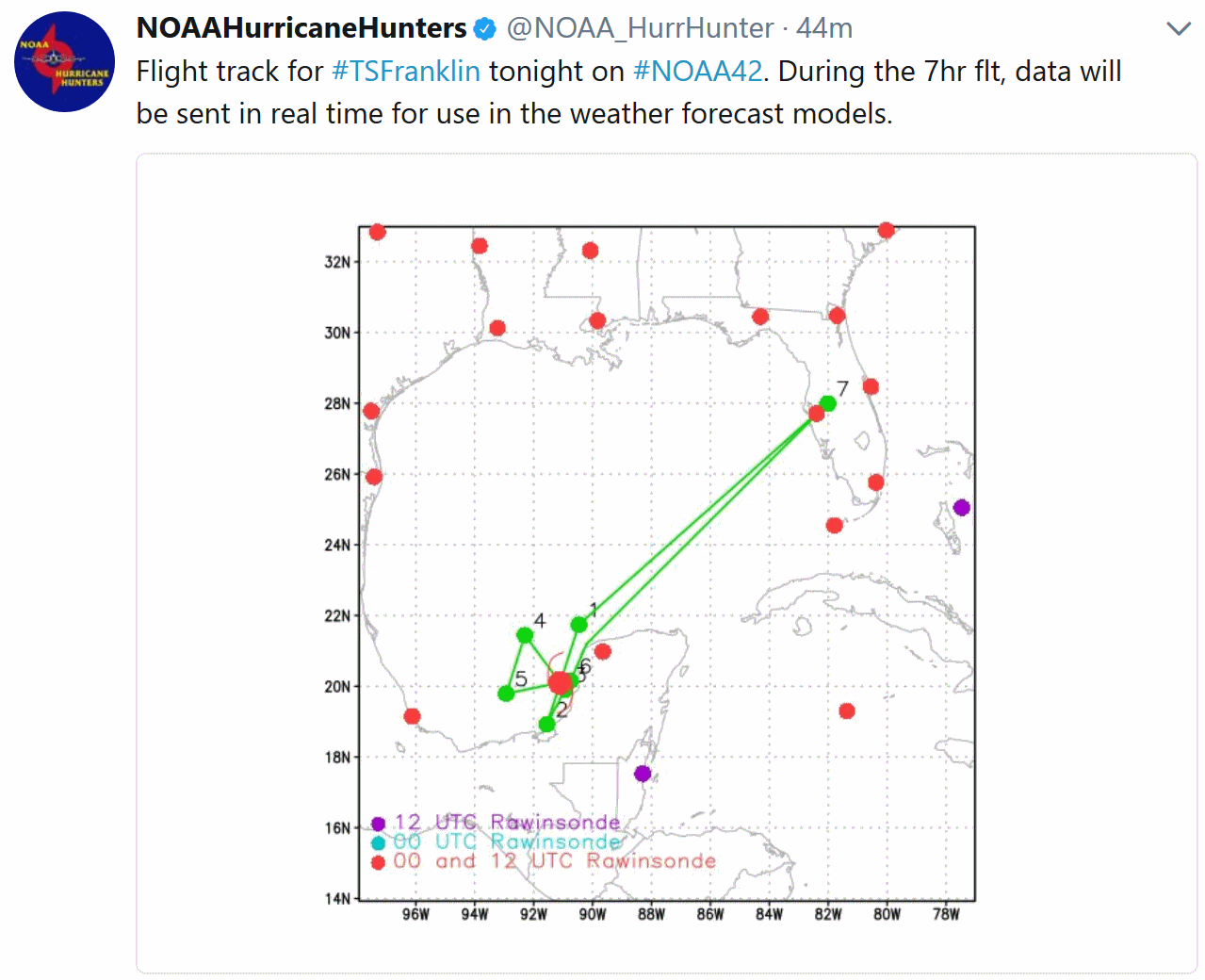
Model Voodoo - Or Something to Watch?
This is6 days away, so confidence levels are very low. BUT, it's the
ECMWF (European) model, which often does a better job with tropical
systems. It's far from foolproof but many days it's....better. A
tropical storm or hurricane off the southeast coast early Tuesday of
next week? I doubt it, but just in case here you go. Stay tuned. Map:
WSI.
84-Hour Outlook.
Putting the (NAM) model maps into motion you can watch Tropical Storm
Franklin push into Mexico; a smudge of showers and garden-variety
thundershowers over the Upper Midwest - another zone of heavier showers
and T-storms capable of flooding rains for much of the south. Orographic
thunderstorms sprout over western Mountains in response to strong
heating, while fairly nice weather lingers from the Ohio Valley into New
England. Loop: NOAA and Tropicaltidbits.com.
Day 3-7 Weather Hazards. NOAA CPC (Climate Prediction Center) isolates the areas they're keeping an eye on:
- Periods
of heavy rain for parts of the central and southern Rockies, central
and southern Plains, the Middle and Lower Mississippi Valleys, and the
Tennessee Valley, Fri-Tue, Aug 11-15.
- Heavy rain for parts of the Mid-Atlantic, Sun-Mon, Aug 13-14.
- Heavy snow above 2500 feet for parts of the Brooks Range of Alaska, Fri-Sat, Aug 11-12.
- Heavy rain for portions of the south side of the Brooks Range of Alaska west of 150 W, Fri-Sat, Aug 11-12.
- High winds near the Bering Strait region, Fri-Sat, Aug 11-12.
- Heavy rain for parts of southeastern mainland Alaska and portions of the Alaska Panhandle, Mon-Tue, Aug 14-15.
- Much above-normal temperatures for portions of the the Northern Intermountain West, Fri, Aug 11.
- Flooding likely, occurring , or imminent for parts of western Missouri.
- Severe Drought across parts of the Great Plains, the Middle Mississippi Valley, California, the Southwest, and Hawaii.
Worst Summer Heat Behind Us Now.
Summer heat usually peaks in mid and late July, about 3-4 weeks after
the summer solstice. A warming trend is likely across the Midwest and
Mississippi Valley, and (stinking) hot weather will linger across much
of the southern USA, but some relief is forecast by GFS guidance for the
Pacific Northwest by the third week of August.
A "Mini-Katrina" for New Orleans. Here is
Grist's take
on the extreme (freakish) flooding in New Orleans over the weekend. It
vaguely reminds me of the epic flooding last year near Baton Rouge,
where 20-30" of rain fell over a few days from a slow-moving cluster of
thunderstorms: "
Nearly 10 inches of rain fell in one neighborhood on Saturday during a rainstorm so severe that it would occur less than once in 100 years, assuming a stable climate. The city’s extensive network of canals and pumps operated as designed throughout the event, but officials said the system was overwhelmed by the magnitude of the deluge which fell at a rate five times faster
than the pumps could handle. Since much of New Orleans is below sea
level, every inch of rainwater that falls has to be pumped to higher
ground. A warming atmosphere can hold more water vapor, making deluges
like this more common. Throughout the city came stories of impromptu water rescues, traveling by canoe, and millions of dollars worth of damage..."
10 Hospitalized After American Airlines Flight Jolted Midair.
This is why you ALWAYS want to have your seatbelt fastened when you're
sitting in a chair in the sky (with all thanks to Louis C.K.). Here's a
clip from
The Washington Post: "...
But the
shaking got worse. Ehmke saw drinks spilling and sensed a faint panic
in the aisles. Still, he wasn’t worried. Then, suddenly, what he
calls “the lurch.” He would later tell NBC News that everything in his field of vision shot up four feet in the air, and he would tell WPVI that “it felt like the whole plane was in free fall.”
Other passengers would later report screaming and babies crying. Ehmke
didn’t recall that but can relive the surreal experience of beverages
suddenly being severed from gravity. “The liquid catches your eye,” he
told The Post. “I saw all the drinks fly up at once.” This seemed
amusing at first, when the plane settled down and Ehmke and his family
had a chance to collect their thoughts. “I was wearing half of my
coffee; my brother was wearing the other half,” he said. “My wife ended
up with a pastry in her cup that was not hers...”
Image credit: "
An
American Airlines flight bound for Philadelphia experienced severe
turbulence on July 5. Upon landing, three passengers and seven crew
members were hospitalized." (Reuters).
Italy: Widespread State of Emergency Imminent as Drought Continues. The heat wave nicknamed "Lucifer" continues to drag on.
AccuWeather has more details: "
Following
months of below-average rainfall—or in some locations no rainfall at
all—across Italy, many towns are considering extreme measures to aid
water conservation efforts. Rome received only 9 percent of its normal
precipitation during the month of June and has received no rainfall
since Jun. 30. This has resulted in a devastating drought overtaking
most of the peninsula. Across the country, drought has resulted in
agricultural losses exceeding 2 billion euros ($2.4 billion). Since July
26, there have been over 1,800 fire alerts, according to the Global
Forest Watch. While they are mainly concentrated in the south, dozens
have also been reported outside Rome, in central Italy, and Verona in
the north..."
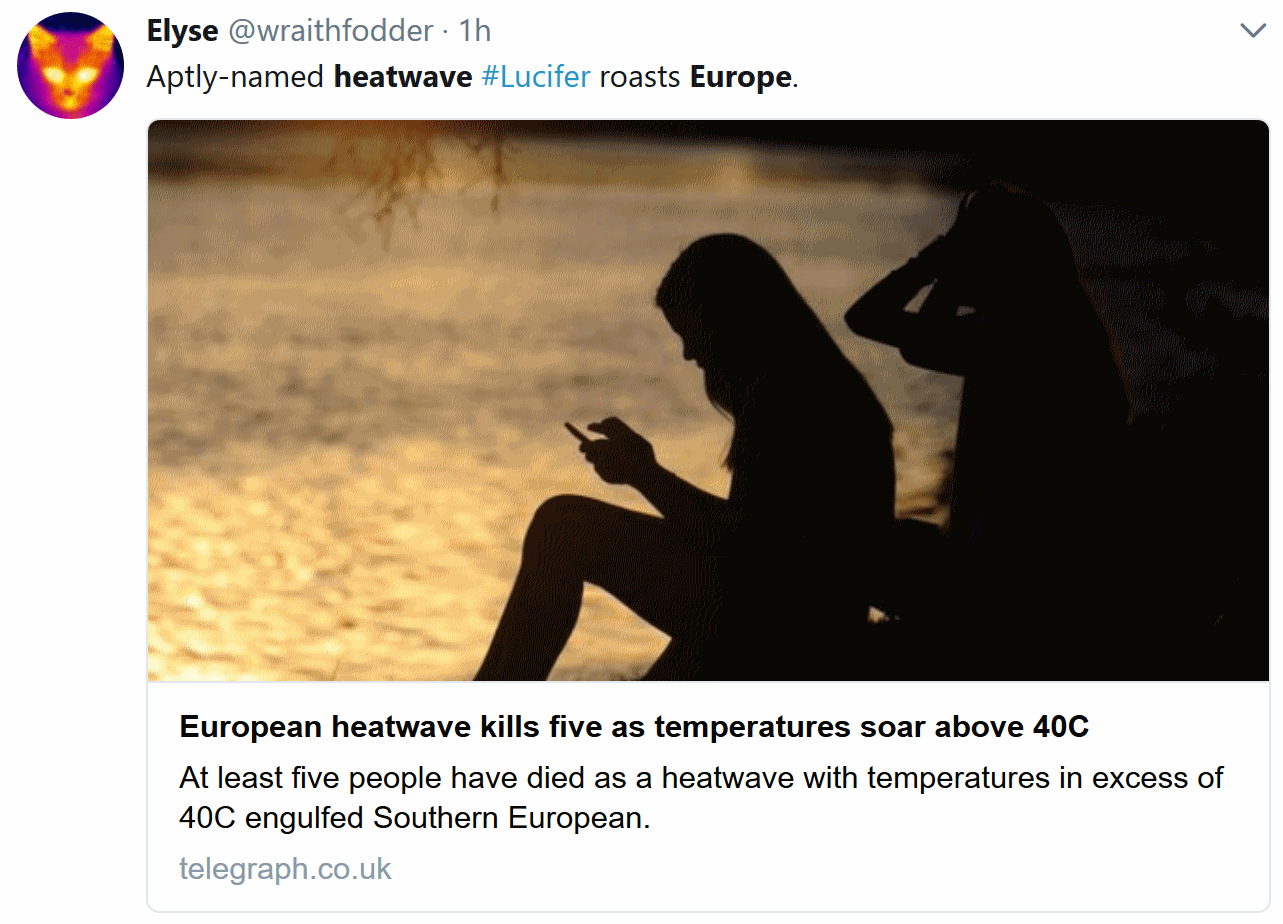 Europe Swelters Under a Heat Wave Called "Lucifer" The New York Times
Europe Swelters Under a Heat Wave Called "Lucifer" The New York Times has more perspective on the relentless heat: "...
Sun-kissed
Italy has become sun-cursed. With temperatures in recent days regularly
rising north of 100 degrees, a nationwide drought leaving rivers and
mouths dry and countryside kindling and arsonists combining to ignite
the landscape, Italians are, well, boiling. Farmers are lamenting more
than $1 billion in revenue lost to drought and singed fields.
Firefighters are busy. Packs of gum are melting in their wrappers. In
Rome, the heat wave has coincided with a meltdown of public services,
including public transport..."
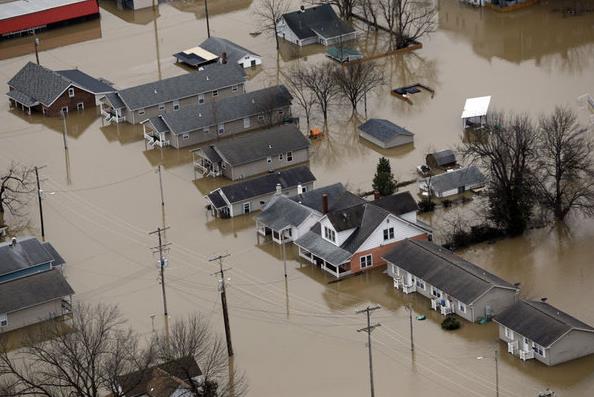
Can Congress Bring the National Flood Insurance Program Above Water?
As long as people are incentivized to keep rebuilding in increasingly
flood-prone regions the program is destined to fail. Here's an excerpt
at
The Atlantic: "...
As
problematic government programs go, the NFIP is a doozy. Established in
1968, it handles some 5 million policies nationwide. Unfortunately,
these days it collects less in premiums and surcharges than it shells
out in claims and other expenses, leaving the Treasury Department—read:
taxpayers—to plug the holes. Which means every time some neighborhood in
Galveston or Daytona winds up underwater (Texas, Florida, and Louisiana
account for more than half of all policies), the rest of the nation
effectively bails them out. Not that coastal areas bear all the
blame—rivers have a nasty habit of overflowing as well. Last August, an
ugly storm parked itself over Baton Rouge for several days, dropping
upwards of 20 inches of rain that caused $10 billion in damages. All
told, the FEMA-managed NFIP is neck-deep in debt to the tune of $24.6
billion..."
Photo credit: AP.
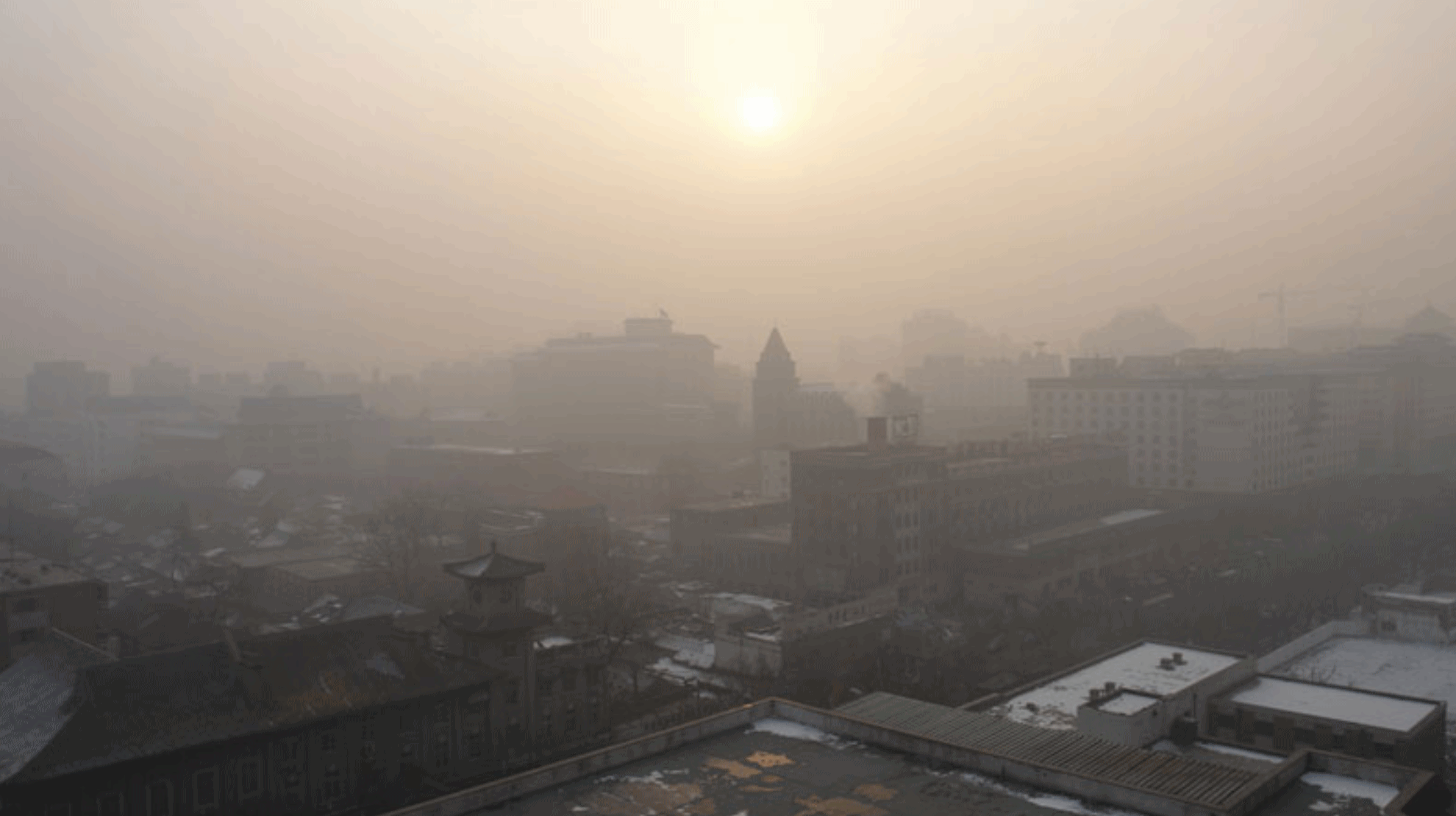 Fossil Fuel Subsidies are a Staggering $5 Trillion Per Year
Fossil Fuel Subsidies are a Staggering $5 Trillion Per Year.
A new study finds 6.5% of global GDP goes to subsidizing dirty fossil
fuels. University of St. Thomas climate scientist John Abraham reports
for
The Guardian: "...
A study
was just published in the journal World Development that quantifies the
amount of subsidies directed toward fossil fuels globally, and the
results are shocking. The authors work at the IMF and are well-skilled
to quantify the subsidies discussed in the paper. Let’s give the final
numbers and then back up to dig into the details. The subsidies were
$4.9 tn in 2013 and they rose to $5.3 tn just two years later. According
to the authors, these subsidies are important because first, they
promote fossil fuel use which damages the environment. Second, these are
fiscally costly. Third, the subsidies discourage investments in energy
efficiency and renewable energy that compete with the subsidized fossil
fuels. Finally, subsidies are very inefficient means to support
low-income households..."
Beijing file photo: Aaron Farr, Flickr.
Dirty Energy's Quiet War on Solar Panels. Here's an excerpt of an Op-Ed at TheHill: "...In statehouses all over the country, there's a growing movement by industry front groups to undermine
net metering and other renewable energy incentives. These front groups
include the Edison Electric Institute, the utility industry’s trade
association, and outfits such as the American Legislative Exchange
Council (ALEC) and Americans for Prosperity, both of which are funded by
the Koch brothers. These groups scored recent victories against net metering in Indiana and Maine,
and have turned the renewable energy mandate for utilities in wind-rich
Kansas — known in the industry as a Renewable Portfolio Standard — into
a toothless voluntary goal.Industry
groups and the politicians they effectively buy claim that distributed
solar energy imposes costs on customers who don’t install solar panels,
because solar users don't pay their fair share of the costs of
maintaining the grid..." (File photo: Walmart).
Even With All Our Gadgets, Americans Are Using Less Electricity Than 10 Years Ago. Here's an excerpt from Recode: "Everything
from our heating systems to our toothbrushes is plugged in and
connected to the internet, and smartphones are glued to the palms of our
hands. Yet, Americans are using less electricity than we did 10 years
ago. Overall residential electricity sales have declined 3 percent from
2010 to 2016, and 7 percent on a per capita basis, according to data
from the U.S. Energy Information Administration. Our numerous gadgets are all getting more efficient, so they’re less of a drain on residential electric bills..."
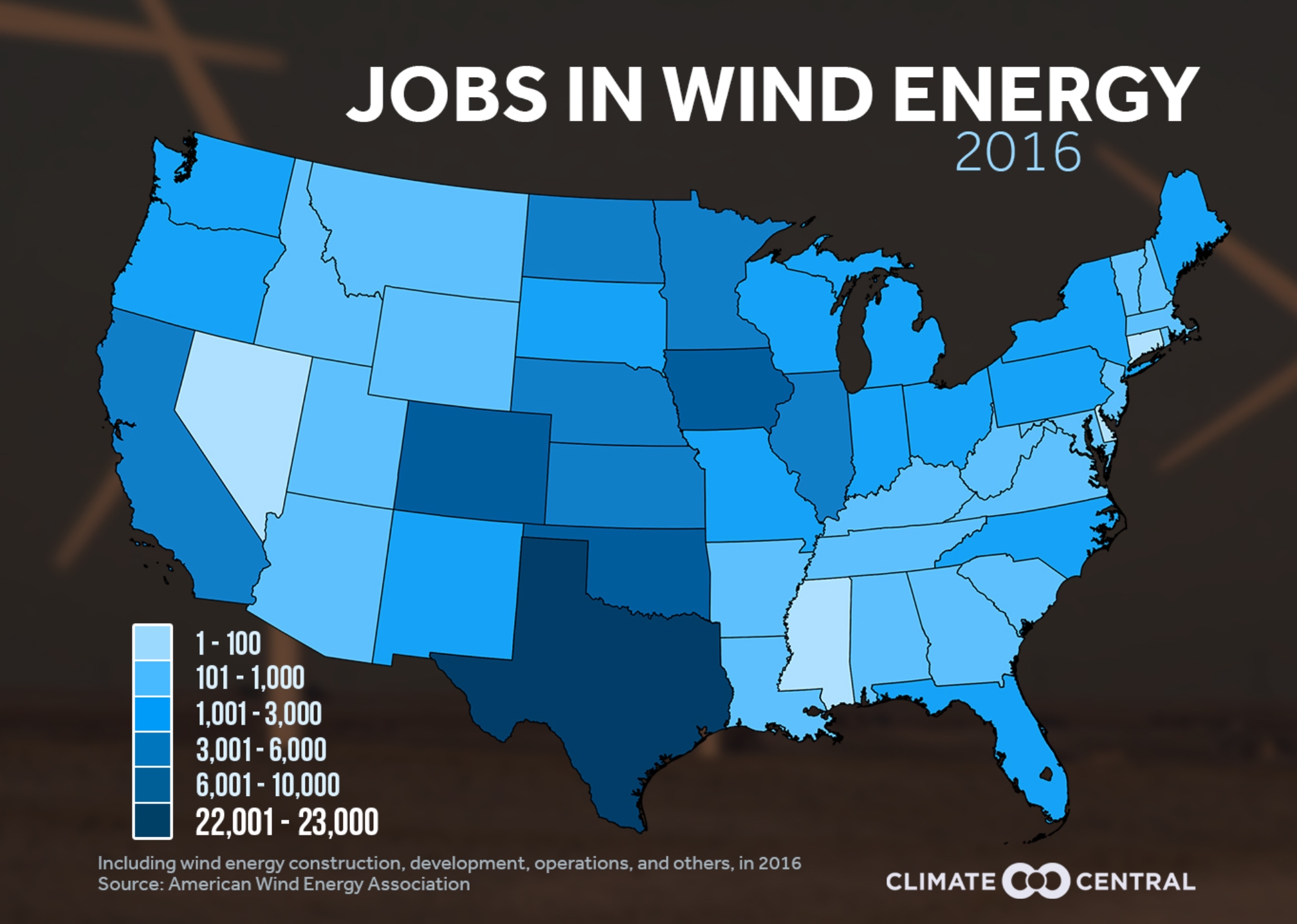 Energy Department Reports: Wind Energy Continues Rapid Growth in 2016
Energy Department Reports: Wind Energy Continues Rapid Growth in 2016. Texas, Oklahoma and Iowa lead the nation. Here's an excerpt from
The Department of Energy: "
The
Energy Department today released three wind market reports
demonstrating continued growth in wind energy nationwide. America’s wind
industry added more than 8,200 megawatts (MW) of capacity last year,
representing 27 percent of all energy capacity additions in 2016. In
2016, wind supplied about 6 percent of U.S. electricity, and 14 states
now get more than 10 percent of their electricity from wind. The reports
cover the following market sectors: land-based utility scale, offshore, and distributed wind...
In
the past year, Iowa and South Dakota produced more than 30 percent of
their electricity from wind, and 12 other states exceeded 10 percent
(Kansas, Oklahoma, North Dakota, Minnesota, Colorado, Vermont, Idaho,
Maine, Texas, Oregon, New Mexico, Nebraska)..."

Why Tesla is Worth More Than GM. Ask Apple; it's all about the ecosystem, not selling a specific product, but a platform. Here's an excerpt from
MIT Technology Review: "...
The
ability to gather enormous amounts of data and analyze it efficiently
is also at least part of the reason investors think Tesla is more
valuable than General Motors. After a traditional car company sells a
car to a customer, its relationship with that customer typically is
limited (except for maintenance and servicing). Tesla, by contrast,
collects terabytes of driving data—including, in some cases, video
data—from its customers. That data is then put to use in improving the
self-driving features of its cars. According to Adam Jonas, an analyst
at Morgan Stanley, Tesla cars are now logging five million miles a day.
Since making self-driving cars work depends on machine learning, which
in turn requires reams of the data that AI learns from, Tesla’s
advantage in data is likely to translate into a huge advantage in making
safe and effective self-driving cars. Indeed, Jonas has argued that
Tesla’s new mass-market Model 3 sedan could be up to 10 times safer than
the average car..."

Tesla's Asymmetric War Against the Auto Industry. If you want to have a better understanding of Elon Musk's overarching strategy check out this story at The Drive: "...Musk published Part Deux of his “plan” almost exactly one year ago. It says:
- Create stunning solar roofs with seamlessly integrated battery storage
- Expand the electric vehicle product line to address all major segments
- Develop a self-driving capability that is 10X safer than manual via massive fleet learning
- Enable your car to make money for you when you aren't using it
Now
that the sector has woken up to Musk, they are attempting to attack
elements of Part Deux before catching up with the tactics behind Part
One..."
Our Minds Have Been Hijacked by our Phones. Tristan Harris Wants to Rescue Them. I didn't realize my brain was bing hijacked, but I suspect Mr. Harris is onto something. Here's an excerpt from
WIRED: "...
Yeah.
And I don’t mean to be so obtuse about it. YouTube has a hundred
engineers who are trying to get the perfect next video to play
automatically. And their techniques are only going to get more and more
perfect over time, and we will have to resist the perfect. There’s a
whole system that’s much more powerful than us, and it’s only going to
get stronger. The first step is just understanding that you don’t really
get to choose how you react to things..."
 Money Won't Make You Happy. Here's What Will, According to Science.
Money Won't Make You Happy. Here's What Will, According to Science. A story at
Inc. was an eye-opener: "...
If you want to increase your happiness levels, then be altruistic. Help other people.
This is one of the interesting findings of research in positive
psychology. Most people actually think of pleasure, not happiness. They
think of the pleasure of eating an ice cream or of going to the movies.
But your happiness from these activities looks very much like a square
wave. You are happy during the event, but half an hour later it has very
little effect on your current state of happiness. However, humans are
wired for helping others. We get a nice long tail of happiness: Days
later, you can close your eyes and get a warm, happy feeling as you
remember helping your friend with something that mattered to him or her.
Either that or you've just peed yourself..." (File photo: someecards.com).

The Eclipse of 1878 Almost Killed the Father of the National Weather Service. Expect similar madness on August 21.
Atlas Obscura explains what can go wrong; here's a clip: "...
Over
the next week or so, Abbe and his colleagues were battered with wind,
cold, and extreme weather as they tried to observe the skies in
preparation for the eclipse. But that wasn’t the worst of it. “They were
battling snowstorms in July that threatened to rust out their
telescopes. They also suffered significant altitude sickness,” says
Baron. Due to the extreme difference in air pressure and lack of oxygen
at such a high altitude, the astronomers experienced headaches,
dizziness, and disorientation. Many people can adjust to altitude
sickness, but that was not the case for Cleveland Abbe. The day before
the eclipse, Abbe woke to pain so extreme he could not stand. The
Langleys tried to convince Abbe to go down the mountain, but he refused,
holing up in his tent, insisting that he could recover. Later that
evening, General Myers finally made his way to the peak, where he
ordered Abbe taken off the peak on a stretcher..."
File image credit: "
The eclipse of 1878 as observed from Wyoming."
Étienne Léopold Trouvelot/Public Domain
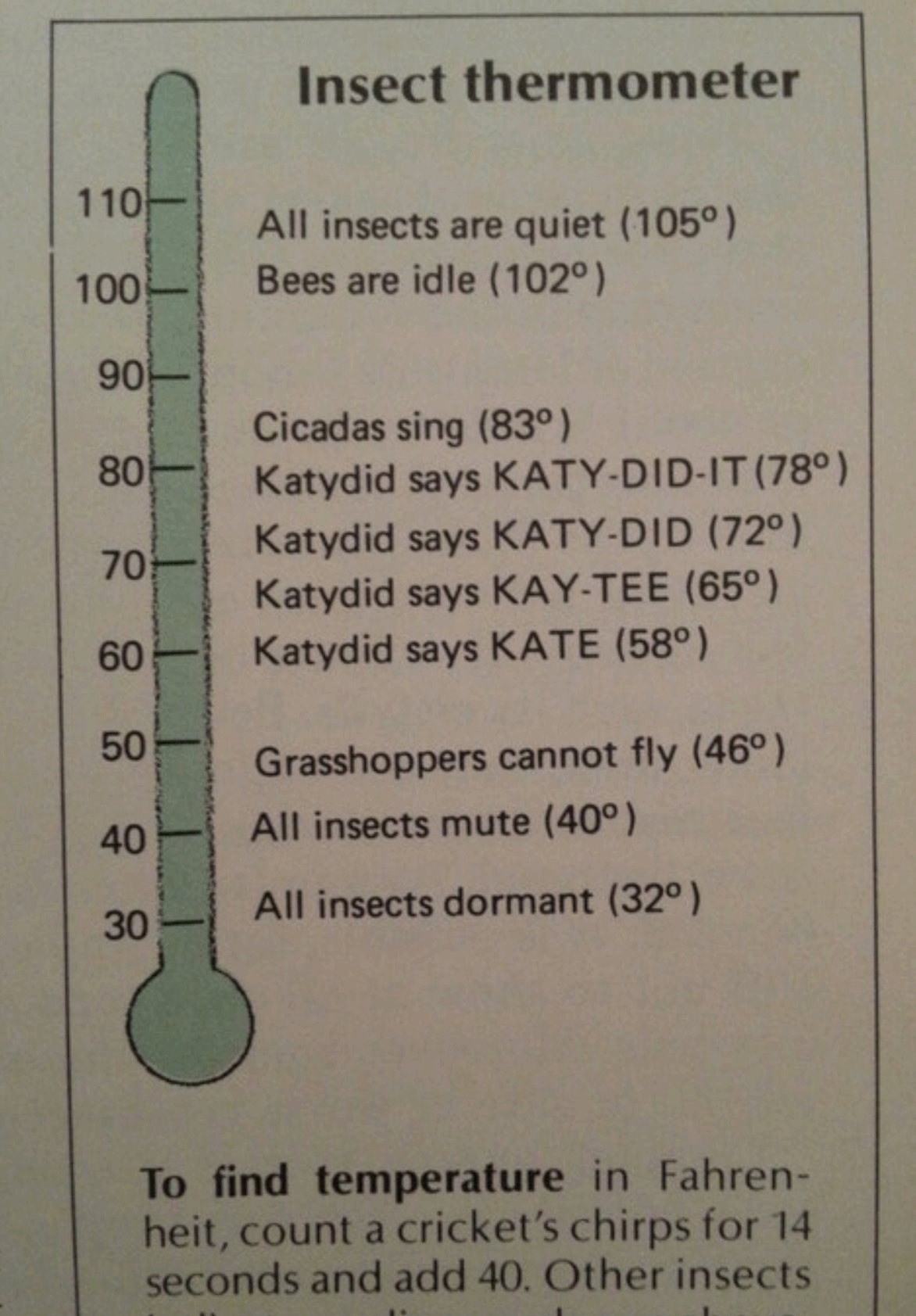 I Had No Idea
I Had No Idea. A friend forwarded this nugget from
Reddit and it seems to add up. Hey, who needs meteorologists?
Competitive Grave-Digging Is a Real Thing in Europe. Sorry, you can't unsee this headline from
Mental Floss: "
Looking to, uh, undertake a new sport? Consider competitive grave-digging. Last Friday, the Associated Press reports
that Hungary held its first national grave-digging competition in
Debrecen, the country’s second-largest city after Budapest. The winners
will go on to compete in a regional championship held in Slovakia later
this year. The bizarre event came courtesy of the Hungarian Association
of Cemetery Maintainers and Operators. Organizer Iren Kari told the
Associated Press that the organization hopes the contest will bring
awareness and respect for the work gravediggers do. Kari told the outlet
that it's difficult to find young people who are interested in manual
labor, and willing to replace retiring diggers..."
The Record Carp That Didn't Get Away. Wow. Check this out, courtesy of
AP News: "
A
10-year-old who reeled in a giant carp says he knew it was a record
contender before he ever got it ashore. Chase Stokes’ fish did indeed
set a state record in Vermont. It weighed in at 33.25 pounds (15.08
kilograms). The Rutland Herald reports (http://bit.ly/2vE7GQE)
the carp was weighed at a bait and tackle shop in New York in April.
The Vermont Fish & Wildlife Department made the record official last
month. The fish was a quarter-pound bigger than the previous record
holder..."
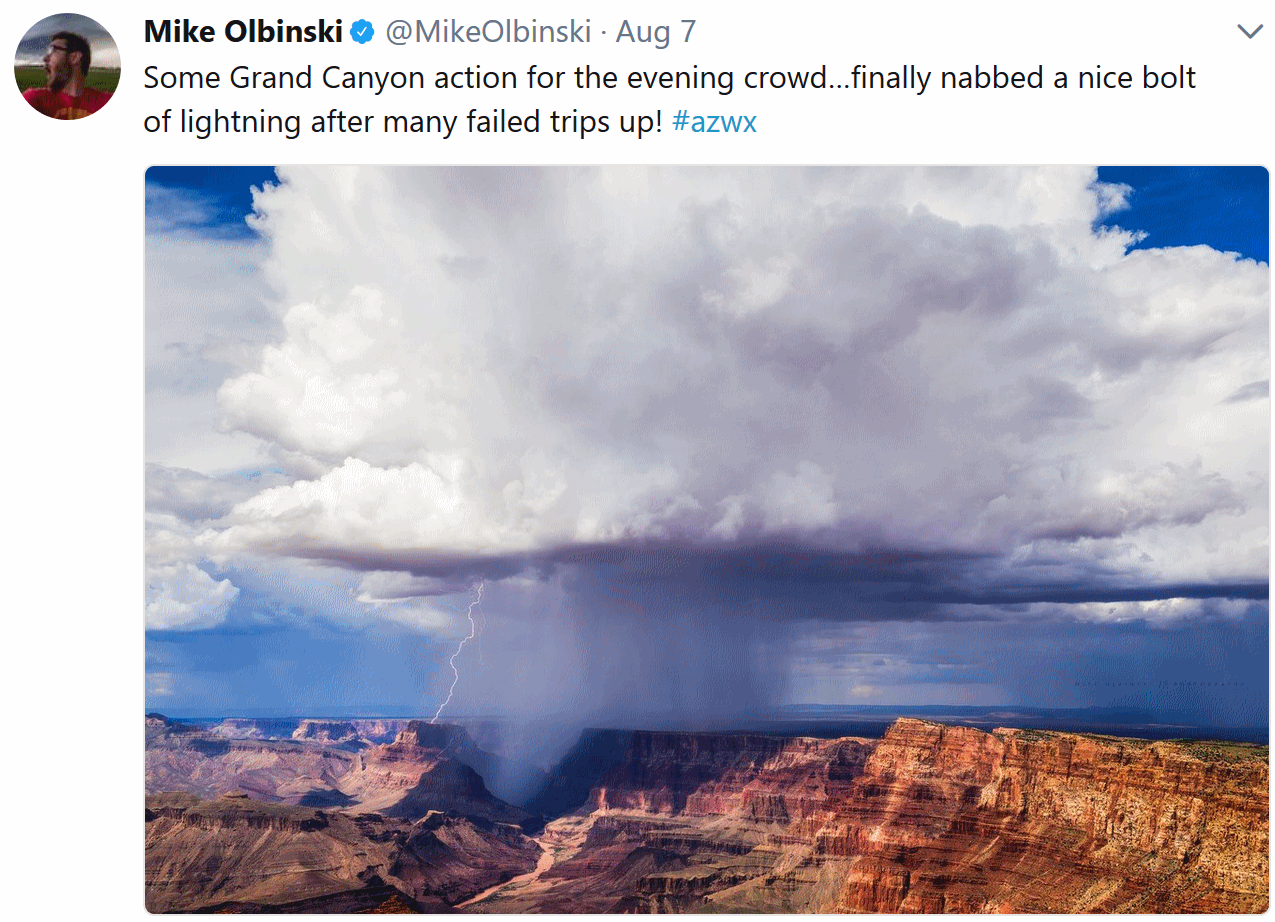

TODAY: Clouds increase, PM showers, thunder. Winds: S 7-12. High: 77
WEDNESDAY NIGHT: Lingering showers, clap of thunder. Low: 62
THURSDAY: Numerous showers, T-storms - wettest day of week? Winds: SW 5-10. High: 74
FRIDAY: Partly sunny, brighter, nicer day. Winds: NE 5-10. Wake-up: 61. High: 76
SATURDAY: Plenty of sunshine, pleasant. Winds: E 5-10. Wake-up: 60. High: 78
SUNDAY: Mix of clouds and sun, light winds. Winds: E 3-8. Wake-up: 61. High: 79
MONDAY: Blue sky, fine weather lingers. Winds: SE 3-8. Wake-up: 62. High: 81
TUESDAY: More clouds than sun, still comfortable. Winds: NW 5-10. Wake-up: 63. High: near 80
Climate Stories...
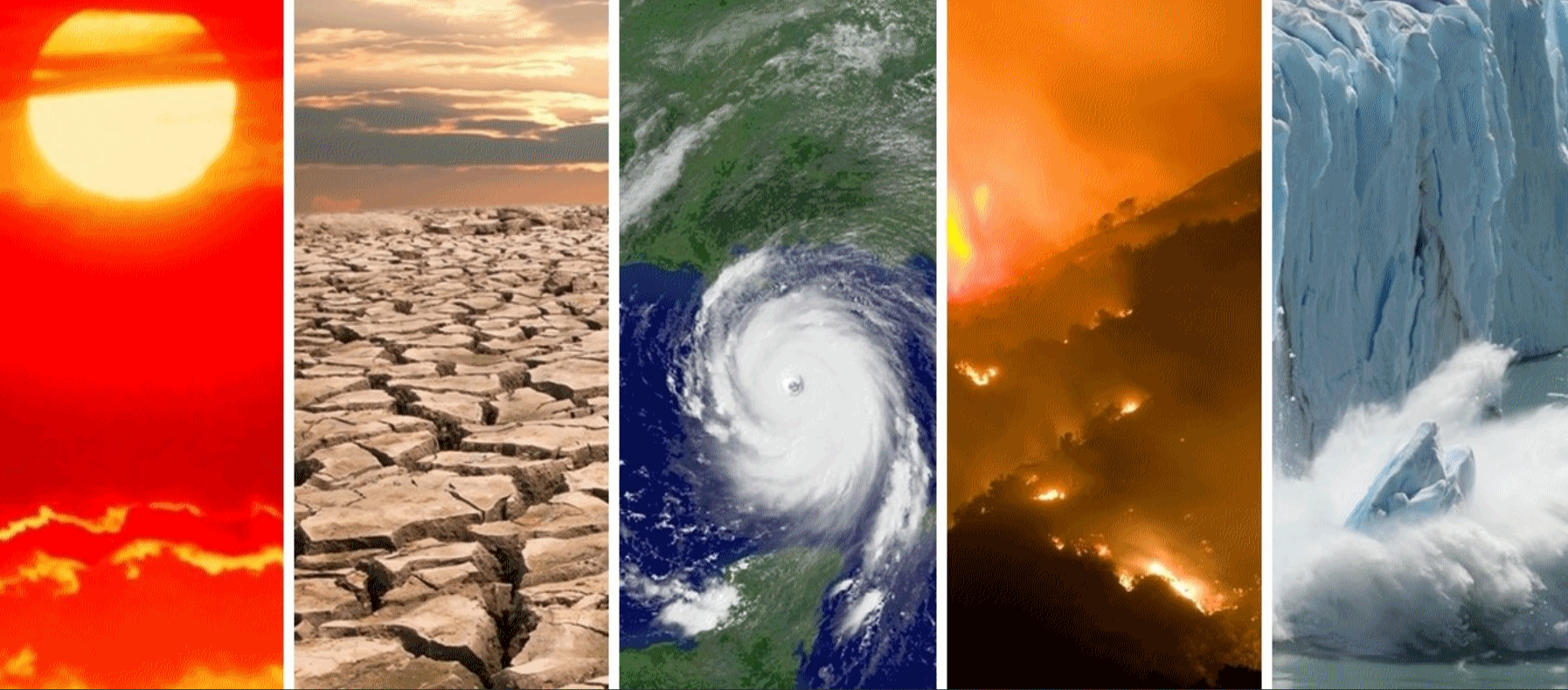 Government Report Finds Drastic Impact of Climate Change on U.S.
Government Report Finds Drastic Impact of Climate Change on U.S. It turns out it wasn't leaked after all - it's been in the public domain for some time now. Here's an excerpt from
The New York Times: "
The
average temperature in the United States has risen rapidly and
drastically since 1980, and recent decades have been the warmest in the
past 1,500 years, according to a sweeping federal climate change report
awaiting approval by the Trump administration. The draft report by
scientists from 13 federal agencies, which has not yet been made public,
concludes that Americans are feeling the effects of climate change
right now. It directly contradicts claims by President Trump and members
of his cabinet who say that the human contribution to climate change is
uncertain, and that the ability to predict the effects is limited..."
File photo: NOAA.
Read the Draft of the Climate Change Report. The New York Times has a link
here.
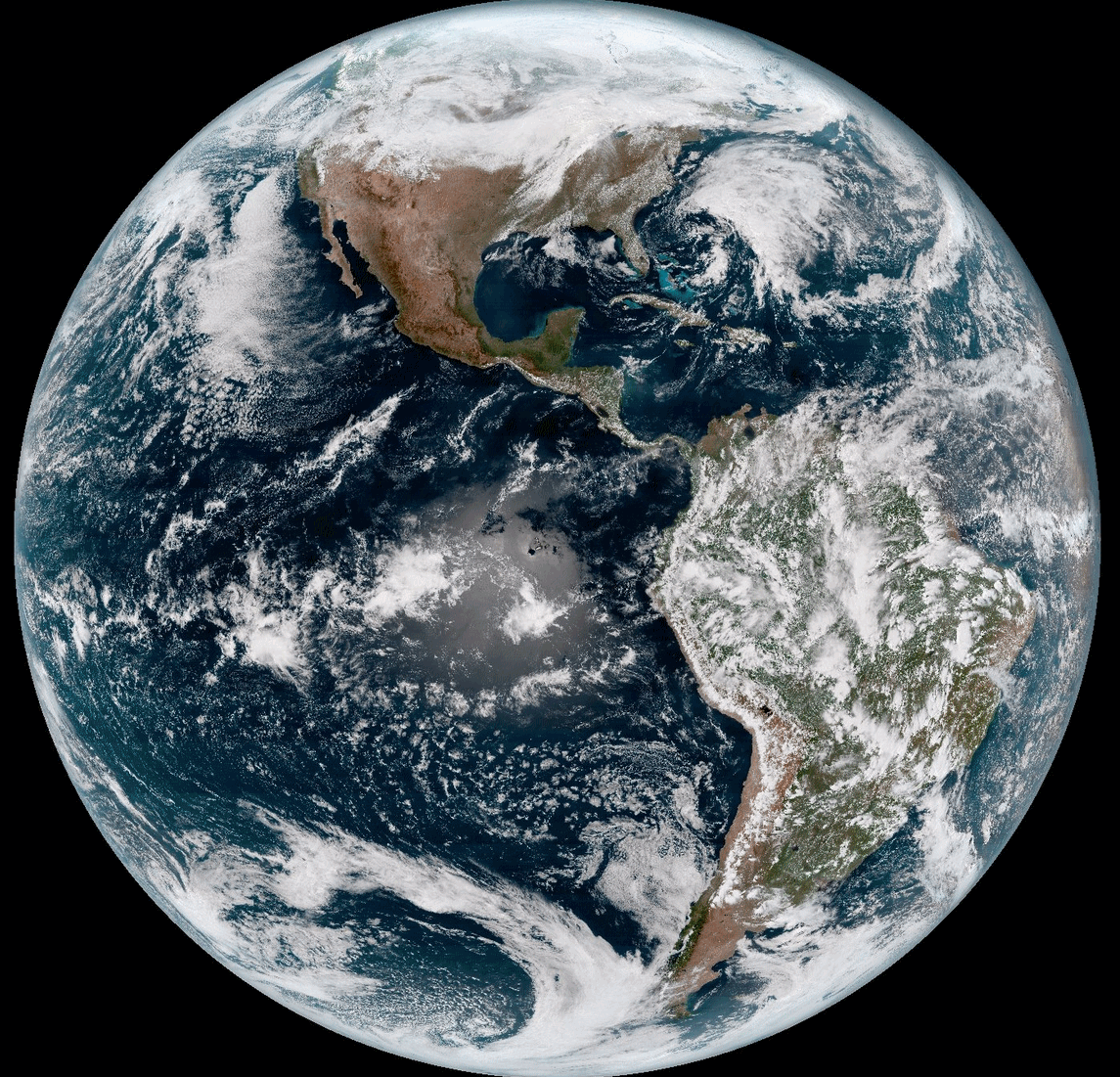 Climate Leaks
Climate Leaks.
VICE News has a few findings from the most recent climate change report compiled by 13 different agencies. Here are a few highlights:
- "Extreme
weather events are occurring more frequently and have become more
intense. The warmest days have become warmer since the early 1960s and
extreme heat waves have become more frequent.
- Overall,
it has rained more heavily and more frequently in the U.S. since 1901,
and the highest increase has been observed in the northeastern part of
the U.S.
- Oceans
have risen 8-9 inches since 1880, the report found with “very high
confidence,” citing human activity as making a “substantial
contribution” to that rise..."
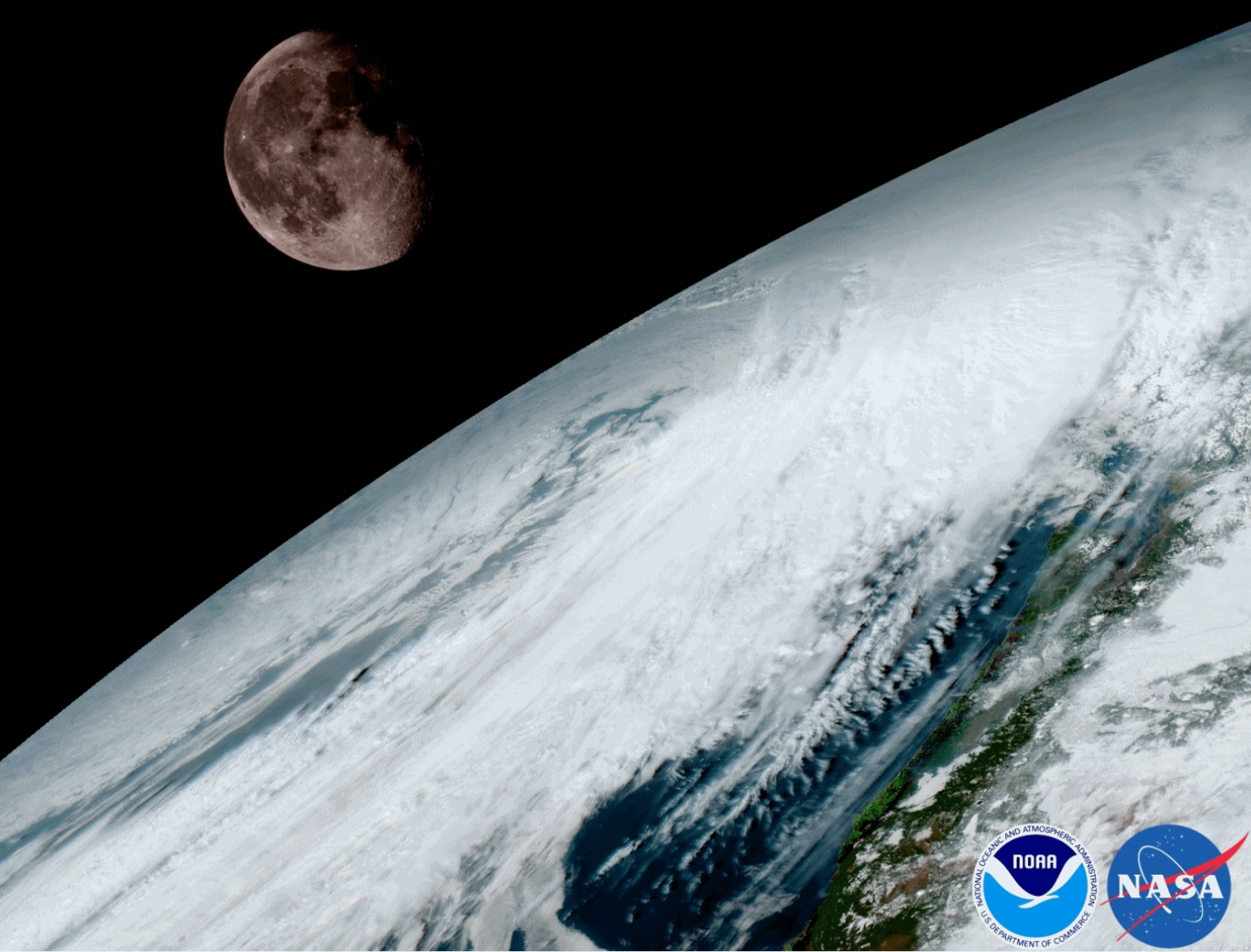 USDA Staff Were Coached Not to Say "Climate Change", E-mails Show. InsideClimate News
USDA Staff Were Coached Not to Say "Climate Change", E-mails Show. InsideClimate News has the story: "
Four days after President Donald Trump took the oath of office, an official at the Department of Agriculture sent an email, the first in a string of messages
signaling to staff that the term "climate change" could soon be erased
from the agency's vocabulary. "It has become clear one of the previous
administration's priorities is not consistent with that of the incoming
administration," wrote Jimmy Bramblett, a deputy chief in the agency's
Natural Resources Conservation Service (NRCS). "Namely, that priority is
climate change. Please visit with your staff and make them aware of
this shift in perspective within the Executive Branch." Over the course
of the next six months, Bramblett and other officials sent emails to
staff, coaching them to avoid using the term "climate change" and
instead use the term "weather extremes..."
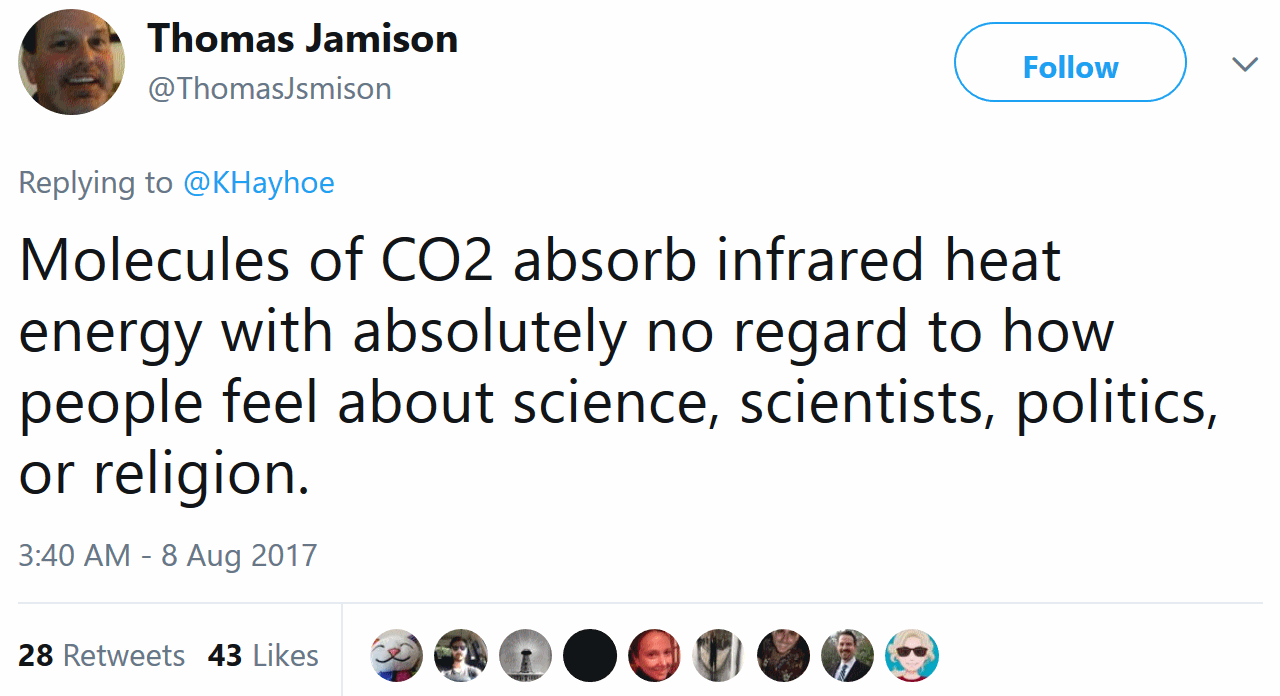
To Stop Global Warming, Should Humanity Dim the Sun.
I have a dim view of geoengineering, tinkering with the atmosphere in
ways that could easily come back to bite us in ways we can't even
imagine. God help us if it gets to this point. Here's a clip from
The Atlantic: "..
.We
all agree that climate change is real and that the solution is to
reduce the emissions of the gases that cause global warming,” said Alan
Robock, a professor of atmospheric chemistry at Rutgers University and
one of the co-chairs of the Maine meeting. “The Paris Agreement was a
good start, but those pledges aren’t enough, and we have to reduce more.
Even then it [won’t be] fast enough. So what we’re looking at is: If
global warming is so dangerous, could we shave off a little warming
while we continue to mitigate greenhouse gases?” There are several ways
of holding off that warmth. They all involve bouncing sunlight back into
space before it penetrates too far into the lower atmosphere. Over the
past decade, scientists have discussed some different ways to do this:
by brightening clouds over the ocean; by pushing cirrus clouds to form
in the high atmosphere; or by spraying a reflective gas into the sky at
high altitudes, mimicking the effect of a large volcanic eruption..."
Photo credit: "
An
aircraft tries to seed clouds in Thailand in 2007. Any global dimming
effort would require larger aircraft, flying higher in the atmosphere." Sukree Sukplang / Reuters.
Climate Change is Disrupting the Birds and the Bees. Here's the intro to a story at
BBC: "
Our
changing climate seems set to disrupt just about everything. From
rising sea levels to ocean acidification, the list of negative
consequences from climate change is endless. But one area that often
goes unmentioned in the climate change discussion is sex. Over the last
two decades, scientists have found that warmer temperatures are quietly
spoiling the mood, making it harder for plants and animals to reproduce.
Here are five ways that climate change is ruining sex lives..."
Flooding in Miami is No Longer News, But It's Certainly Newsworthy. The Washington Post explains the factors that resulted in widespread flooding in the Miami area last week: "...
The problem was twofold:
A heavy downpour, thanks to a dissipating tropical storm, combined with
the onset of high tide just after 4 p.m. But, really, the problem was
threefold. Those high tides are higher than they used to be because the
ocean itself is higher than it used to be. A National Oceanic and
Atmospheric Administration gauge at Virginia Key, just off the Miami
shoreline, had an average sea-level height from 2012 to 2016 that was
about 4 inches higher than the average from two decades earlier. At Lake
Worth, a bit further north on the coast, there has been a similar
increase since the mid-1980s. A gauge near Naples, Fla., saw a jump of
about six inches from the early 1980s to the most recent five-year
period..."
Extreme Weather "Could Kill Up To 152,000 a Year" in Europe by 2100. BBC News has a summary of new research and prediction as the hot gets hotter: "
Extreme
weather could kill up to 152,000 people yearly in Europe by 2100 if
nothing is done to curb the effects of climate change, scientists say.
The number is 50 times more deaths than reported now, the study in The
Lancet Planetary Health journal said. Heat waves would cause 99% of all
weather-related deaths, it added, with southern Europe being worst
affected. Experts said the findings were worrying but some warned the
projections could be overestimated. If nothing is done to cut greenhouse
gas emissions and to improve policies to reduce the impact against
extreme weather events, the study by the European Commission's Joint Research Centre says:
- Deaths caused by extreme weather could rise from 3,000 a year between 1981 and 2010 to 152,000 between 2071 and 2100..."
Photo credit: "Low levels of the Po River near Pavia in northern Italy." AFP.
We Know Vikings as Infamous Raiders - Was That Merely a Response to Climate Change? Yes, the climate has always been changing. Here's a clip from an interesting story at Ars Technica: "Beneath
their still surfaces, the lakes of some Arctic islands may hide the
story of the rise and fall of Viking chiefdom. Historians still aren’t
sure exactly what led to the centuries of Viking raiding and expansion, a
period politely known as the Scandinavian Diaspora that ran from the
late eighth century to the mid-11th. Population pressures and political
rivalries probably played a role, but changing climate around the North
Atlantic may also have given the Scandinavians a push. So far,
paleoclimate researchers have mostly focused on warmer climates in the
Vikings’ destinations, like Iceland, which might have drawn people to
settle there. But those who set sail may have been facing trouble with
the crops back home thanks to changing temperatures. A team of
researchers hope to find some answers in a new series of sediment cores
from ancient lakebeds in a remote Norwegian island chain..."
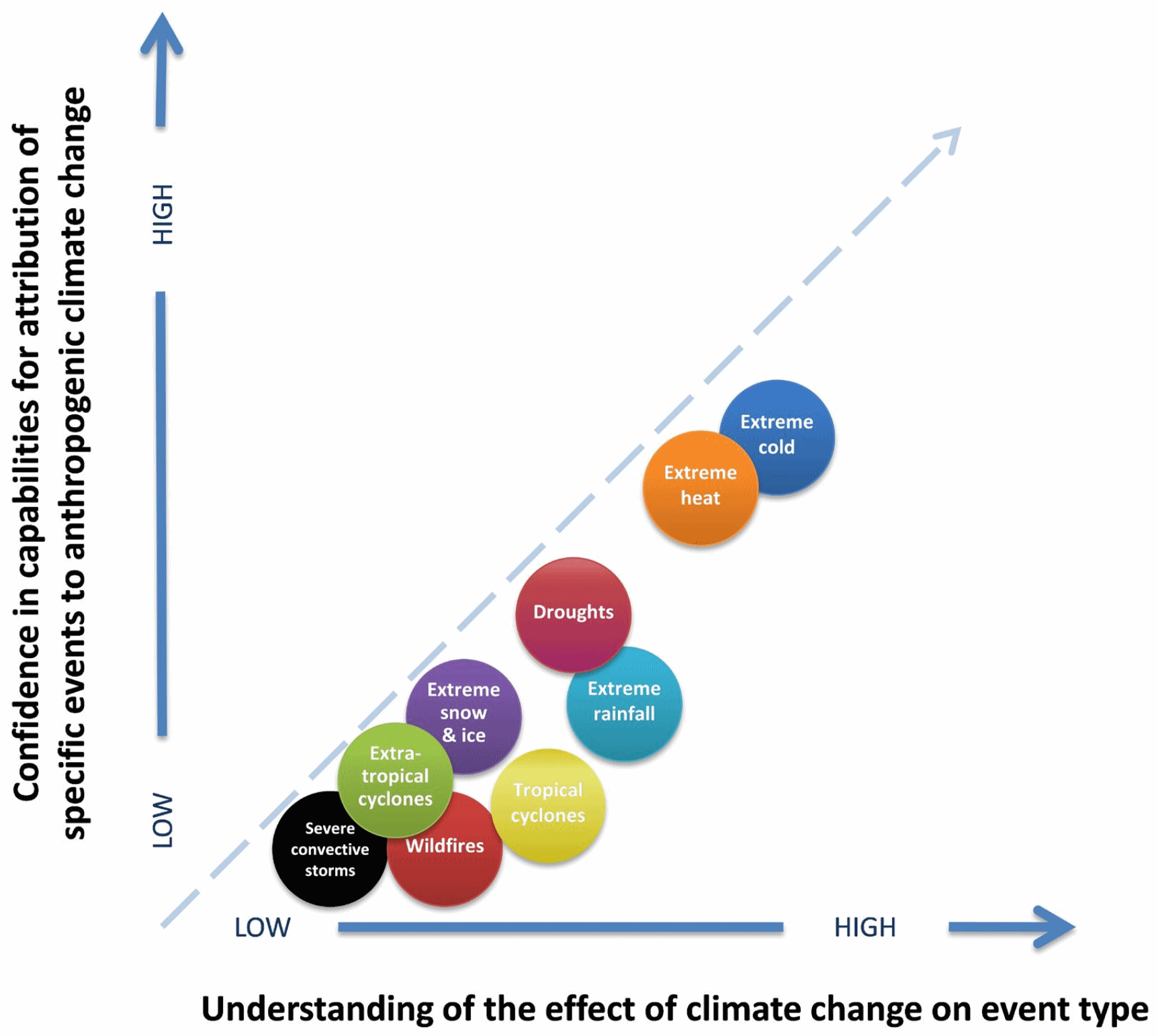 Attribution
Attribution.
According to climate scientists the link between a warming climate and
weather is strongest when it comes to temperature extremes, followed by
drought intensity and rainfall rates/amounts. There is less confidence
connecting the dots with severe local storms, hurricanes and wildfires.
Graphic: National Academy of Sciences.

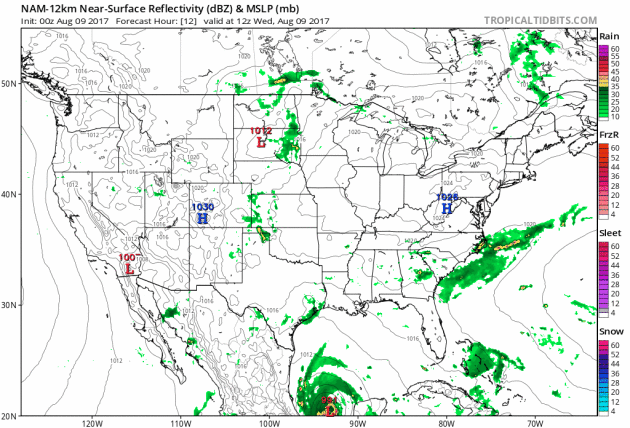

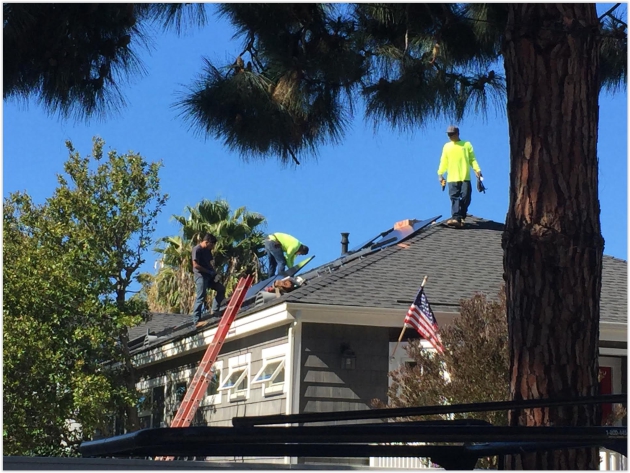
$5 trillion in fossil fuel subsidies, against a GWP of $108 trillion in purchasing power parity. And, how much of that was enabled by fossil fuels? Practically all of it (even green energy is substantially dependent on materials, manufacturing, and transportation based on fossil fuels). How much would GWP be without fossil fuels? Staggeringly smaller. In fact, many of us wouldn't even be here, because the volume of food and medicines dependent on fossil fuels (basically all of it), would be staggeringly smaller. "Staggering" subsidies paid for our global economy. A pretty good deal, actually.
ReplyDelete